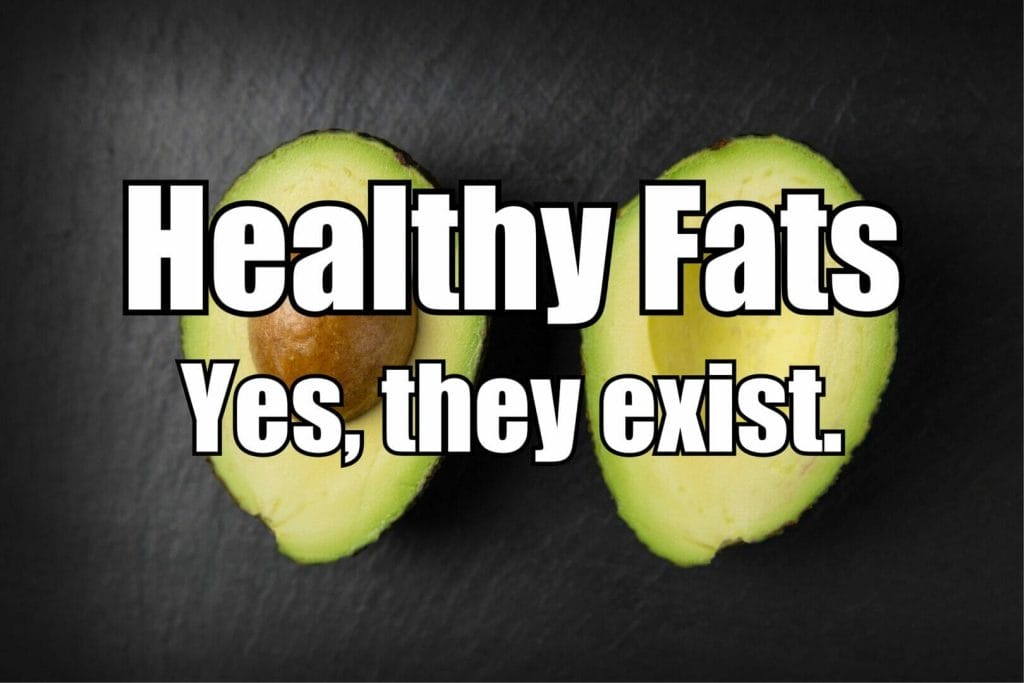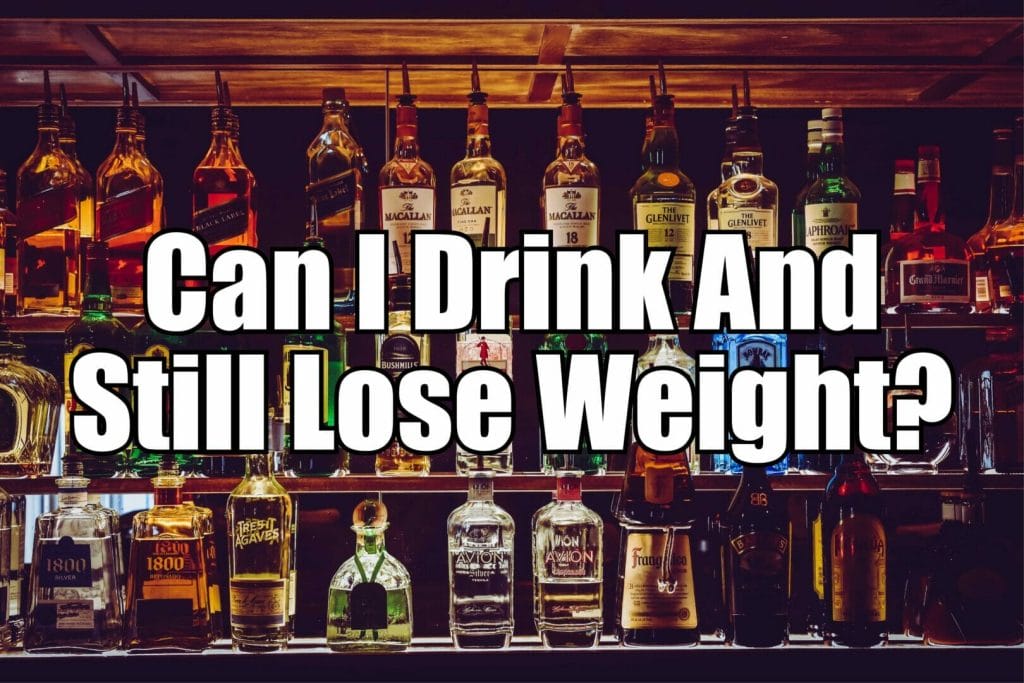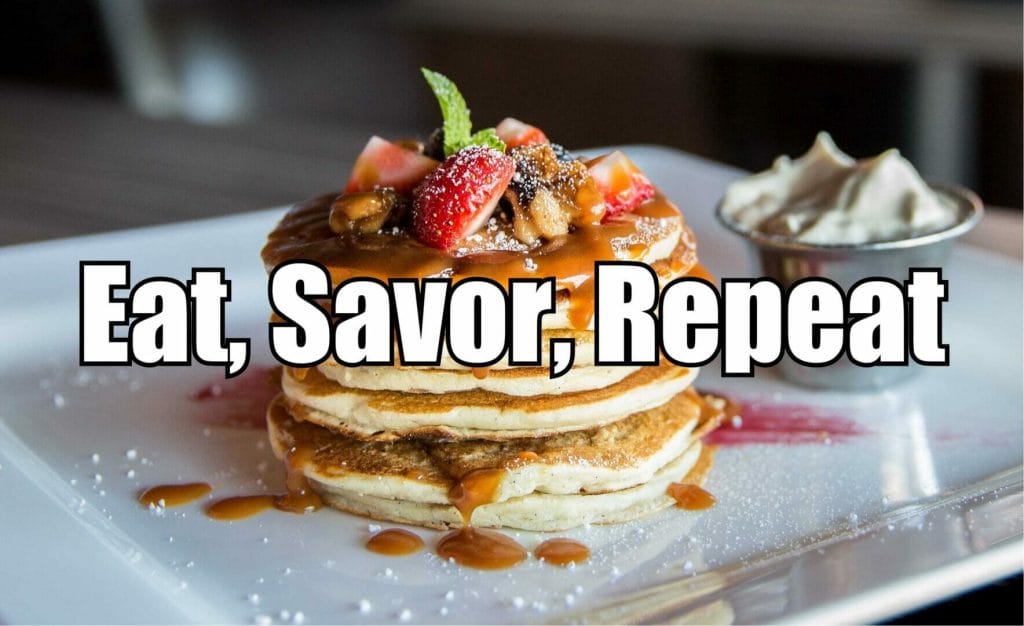If you’re embarking on a fitness journey, you might have heard that fats are something to avoid. However, the truth is that not all fats are created equal. In fact, healthy fats are a crucial part of a balanced diet. Let’s break down the facts about fats.
The Role of Fats in Health and Fitness
Fats, one of the three primary macronutrients along with proteins and carbohydrates, play an integral role in maintaining optimal health and supporting fitness goals. While fats are often perceived negatively due to their caloric density and association with weight gain and heart disease, it’s essential to note that not all fats are created equal. There are different types of fats, including saturated fats, trans fats, monounsaturated fats, and polyunsaturated fats, each having distinct effects on health.
Essential for Body Functions
Fats are crucial for many body functions. They serve as a major energy source, especially during prolonged low to moderate-intensity exercise. Fats support cell growth and protect organs by acting as a cushion. They are necessary for the absorption of fat-soluble vitamins (A, D, E, and K) which have roles ranging from supporting bone health to aiding immune function and vision.
Moreover, certain types of fats, namely omega-3 and omega-6 fatty acids, are termed ‘essential fats’ because our bodies cannot produce them, so they must be obtained from the diet. These fats play a critical role in brain function and normal growth and development.
Fats and Fitness Goals
When it comes to fitness, fats are often overlooked, but they play a significant role. During exercise, the body primarily uses carbohydrates for energy, but as the duration of activity increases, the body gradually shifts towards utilizing more fat for fuel. This makes fat an essential energy source, especially for endurance athletes.
Moreover, dietary fats are involved in the production of certain hormones, including testosterone, which is vital for muscle growth and strength. Therefore, adequate fat consumption can support muscle gain and recovery from workouts.
Types of Fats and Health Implications
While fats are important, it’s also crucial to focus on the types of fats you are consuming. Unsaturated fats, which include monounsaturated and polyunsaturated fats, have health-promoting properties. They can help reduce bad LDL cholesterol levels, increase good HDL cholesterol, and provide essential fatty acids necessary for the body.
Monounsaturated fats are found in foods like avocados, almonds, and olive oil, while polyunsaturated fats can be found in foods like fatty fish, walnuts, and flaxseeds.
On the other hand, trans fats and saturated fats, typically found in processed foods and some animal products, should be limited. Overconsumption of these types of fats can raise harmful LDL cholesterol levels and increase the risk of heart disease.
Healthy Fats (Consume More)
- Monounsaturated Fats: These can help reduce bad LDL cholesterol levels and increase good HDL cholesterol. Sources include:
- Avocados
- Olives and olive oil
- Almonds, cashews, and peanuts
- Sesame and pumpkin seeds
- Polyunsaturated Fats: These include essential fatty acids like omega-3 and omega-6 that our bodies can’t produce. Sources include:
- Fatty fish like salmon, mackerel, and sardines
- Walnuts
- Flaxseeds and chia seeds
- Sunflower and safflower oil
- Tofu and soybeans
Unhealthy Fats
- Saturated Fats (Moderate): While they can be part of a healthy diet in moderation, excessive intake can raise bad LDL cholesterol and increase the risk of heart disease. Saturated fats do have a role in your diet, so it’s better to have some but avoid too much. Sources include:
- Red meat like beef, lamb, and pork
- Dairy products like butter, cream, and cheese
- Coconut and palm oil
- Trans Fats (Avoid): These are the most harmful fats and should be avoided as much as possible. They not only raise bad LDL cholesterol but also lower good HDL cholesterol, increasing the risk of heart disease. Sources include:
- Processed foods like cookies, cakes, and pies
- Fast food
- Stick margarines
- Anything containing partially hydrogenated oil
Remember, while healthy fats are beneficial, they are also high in calories. So, balance is key. Here’s to a healthier, fitter you!



